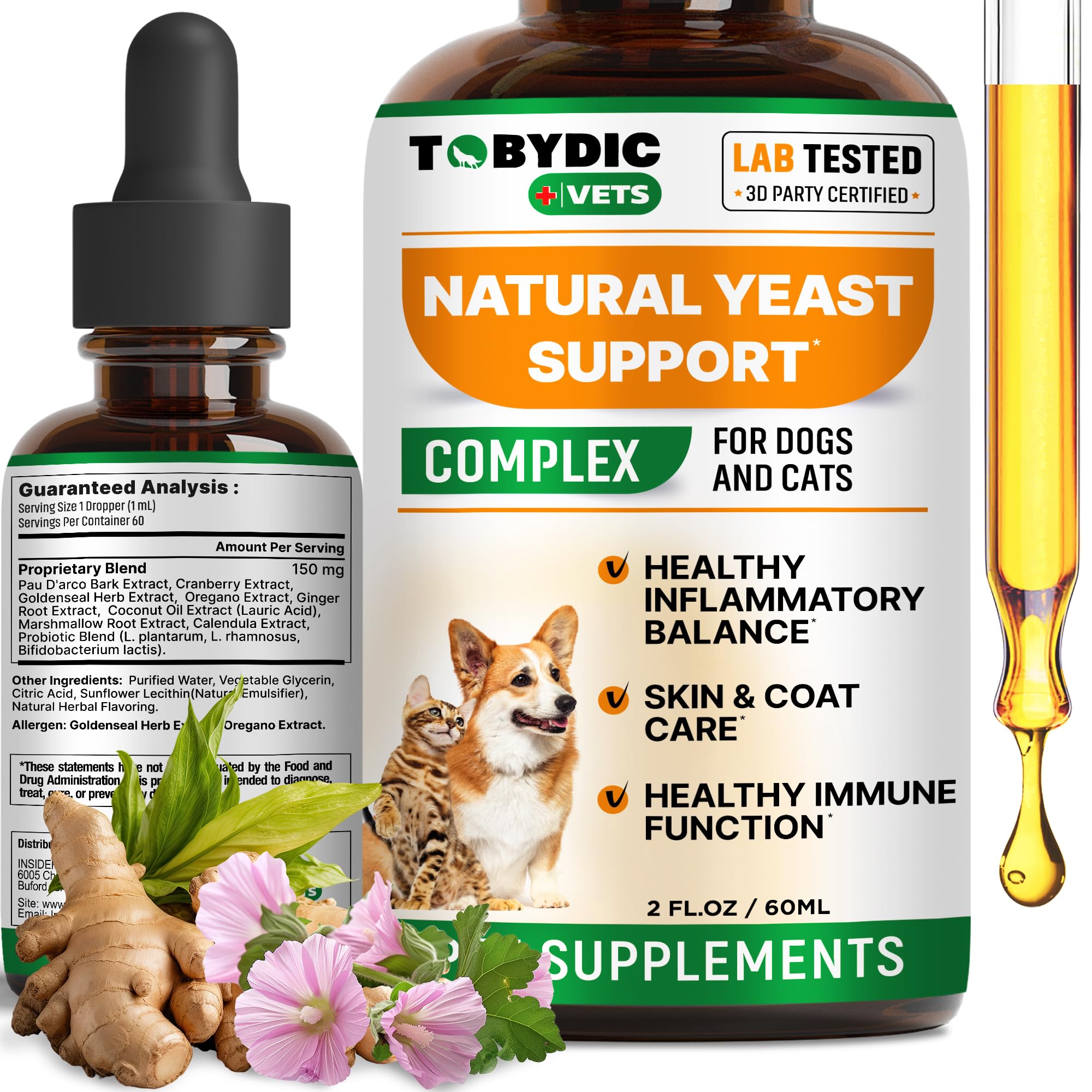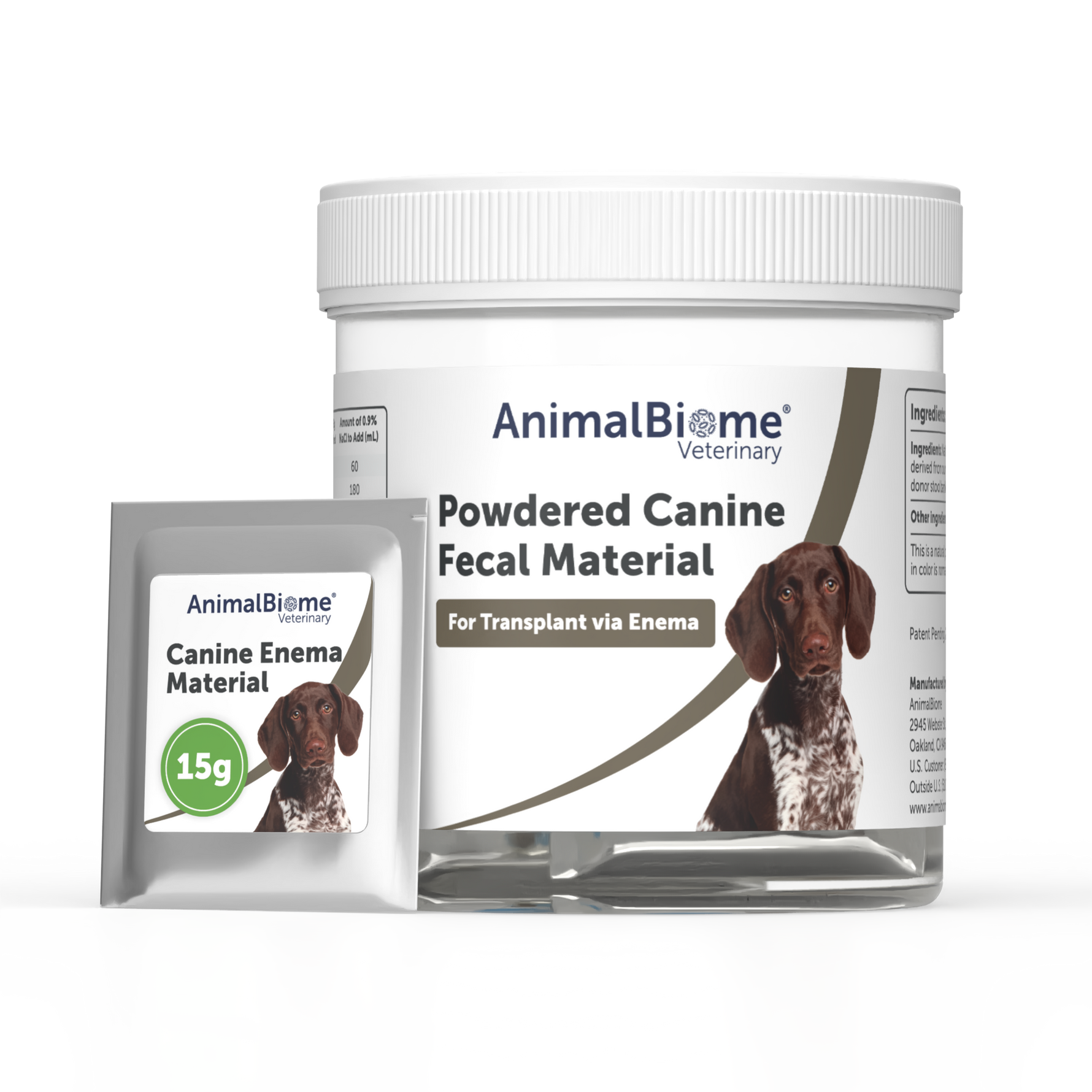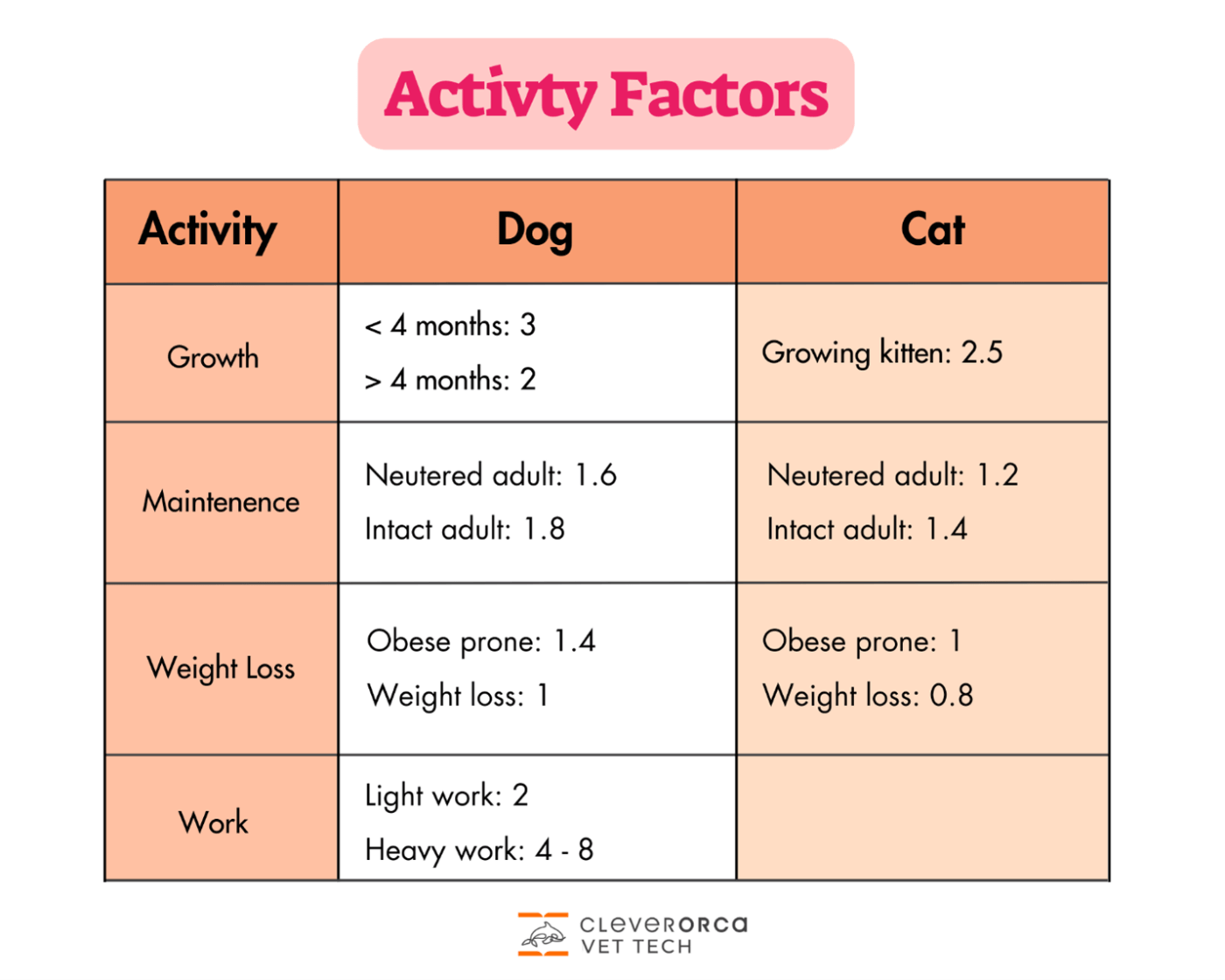Are you sure your dog is getting everything it needs to stay healthy and happy? Knowing the nutritional requirements for a dog is key to giving your furry friend the best care possible.
What you feed your dog affects their energy, mood, and overall well-being. You’ll discover exactly what nutrients are essential for your dog’s diet and how to provide them in the right amounts. Keep reading to unlock the secrets to a longer, healthier life for your loyal companion.

Credit: www.instagram.com
Dog’s Basic Nutritional Needs
Understanding your dog’s basic nutritional needs is key to keeping them healthy and energetic. Each nutrient plays a specific role in their body, supporting everything from muscle growth to immune function. You might wonder what exactly your dog requires every day to thrive and how to provide it effectively.
Proteins And Their Importance
Proteins are the building blocks for your dog’s muscles, skin, and organs. They help repair tissues and support growth, especially in puppies and active dogs. You’ll find high-quality protein in meats like chicken, beef, and fish, which deliver essential amino acids your dog’s body can’t produce on its own.
Have you noticed how your dog’s energy levels change with different foods? That’s often linked to protein intake. Without enough protein, dogs can become weak and more prone to illness.
Essential Fats For Energy
Fats provide a concentrated source of energy and help keep your dog’s coat shiny and skin healthy. Omega-3 and Omega-6 fatty acids are crucial fats that reduce inflammation and support brain health. Sources like fish oil, flaxseed, and chicken fat are excellent options to include in your dog’s diet.
Think about the last time your dog was really active—fat was fueling that burst of energy. Too little fat can make your dog lethargic, while too much can lead to weight problems. Balancing fat intake is vital for sustained vitality.
Carbohydrates For Fuel
Carbohydrates act as a quick energy source for dogs, fueling their daily activities and playtime. Whole grains, vegetables, and fruits are common carbohydrate sources that also provide fiber for digestive health. While dogs don’t need as many carbs as humans, a moderate amount supports steady energy release.
Have you ever tried switching your dog’s food to one with different carb content? You might observe changes in their digestion and energy. Carbs should be chosen carefully to avoid excess weight gain or digestive issues.
Vitamins And Minerals
Vitamins and minerals support almost every function in your dog’s body, from bone strength to immune defense. Important ones include calcium, phosphorus, vitamin A, and zinc. These nutrients are found in a balanced diet with meat, vegetables, and sometimes supplements.
Missing out on key vitamins and minerals can cause serious health problems. Have you checked if your dog’s food meets all their micronutrient needs? Ensuring a complete diet can help avoid deficiencies and keep your dog feeling their best.
Factors Affecting Nutritional Needs
Understanding the factors that influence your dog’s nutritional needs is key to providing the right diet. Each dog is unique, and their food must match their specific requirements. Ignoring these factors can lead to health problems or poor energy levels.
Age And Growth Stages
Your dog’s age plays a big role in what they need to eat. Puppies require more calories, protein, and fat to support rapid growth and development. Adult dogs need balanced nutrients to maintain health, while seniors often benefit from diets lower in calories but rich in joint-supporting ingredients.
Have you noticed how your puppy’s appetite changes as they grow? Adjusting their food accordingly helps prevent obesity or nutrient deficiencies.
Breed-specific Requirements
Different breeds have different nutritional demands. Small breeds often need calorie-dense food because they burn energy faster, while large breeds benefit from controlled calcium and phosphorus levels to support bone health.
For example, a Chihuahua’s diet should differ significantly from that of a Great Dane. Paying attention to breed-specific needs can help your dog stay active and avoid breed-related health issues.
Activity Level And Lifestyle
A working dog or one with a highly active lifestyle burns more calories and needs more protein for muscle repair. On the other hand, a mostly sedentary dog requires fewer calories to prevent weight gain.
Think about your dog’s daily routine—does it include long walks, playtime, or mostly lounging around? Tailoring their food intake to match activity helps maintain their ideal weight and energy.
Health Conditions And Dietary Adjustments
Health issues like allergies, kidney disease, or diabetes require special diets. Your vet might recommend foods low in certain nutrients or with added supplements to manage these conditions.
Have you ever had to switch your dog’s food due to health problems? Doing so carefully can improve their quality of life and prevent complications.
Choosing The Right Dog Food
Choosing the right dog food is crucial for your pet’s health and happiness. Every dog has unique nutritional needs based on their age, breed, and activity level. Making informed decisions about their diet helps prevent health issues and supports a long, energetic life.
Types Of Dog Food
You’ll find several types of dog food available, each with its own benefits. Dry kibble is convenient and helps keep teeth clean. Canned food offers higher moisture content, which can be great for hydration.
There are also semi-moist options and raw diets. Think about your dog’s preferences and any medical conditions before picking a type. Have you noticed if your dog prefers crunch or soft textures?
Reading Food Labels
Understanding dog food labels can be confusing but is essential for choosing the best product. Look for named protein sources like “chicken” or “beef” as the first ingredient. Avoid vague terms like “meat by-products.”
Check for a balance of proteins, fats, and carbohydrates suitable for your dog’s life stage. Don’t forget to scan for added vitamins and minerals. Can you identify any fillers or artificial additives that your dog might not need?
Homemade Vs. Commercial Diets
Homemade diets let you control exactly what your dog eats, but they require careful planning to ensure balanced nutrition. Commercial diets are formulated to meet nutritional standards and offer convenience.
Some owners combine both, adding fresh ingredients to commercial food for variety. If you choose homemade, consulting a vet or pet nutritionist can prevent deficiencies. What’s more important to you: control over ingredients or ease of feeding?
Common Dietary Mistakes
Many dog owners make common dietary mistakes that affect their pet’s health. These errors can cause long-term problems like obesity, nutrient imbalance, and poisoning. Understanding these mistakes helps you provide better nutrition and care.
Overfeeding And Obesity
Overfeeding is a frequent error among dog owners. Giving too many treats or large portions causes weight gain. Obesity leads to joint pain, diabetes, and heart disease. Dogs need controlled portions based on age, size, and activity level.
Nutrient Deficiencies
Feeding only one type of food can cause nutrient gaps. Dogs need a balance of protein, fats, vitamins, and minerals. Lack of essential nutrients weakens their immune system and bones. A varied diet or quality commercial food prevents deficiencies.
Foods To Avoid
Some human foods are toxic to dogs. Avoid chocolate, grapes, onions, and garlic. These can cause vomiting, kidney failure, or worse. Also, avoid cooked bones and fatty scraps. Always check if a food is safe before feeding your dog.
Feeding Guidelines And Tips
Feeding your dog correctly is more than just filling their bowl. It involves understanding how much, when, and what to feed to keep them healthy and energetic. Paying attention to feeding guidelines can prevent many common health problems and make mealtime a positive experience for both of you.
Portion Control
Knowing the right portion size is essential to avoid overfeeding or underfeeding your dog. Portions depend on factors like age, weight, breed, and activity level. For instance, an active Border Collie will need more food than a sedentary Bulldog.
Check the feeding recommendations on your dog food package, but adjust based on your dog’s condition. Use a measuring cup to be precise, and avoid free-feeding unless advised by your vet. Watching your dog’s weight regularly helps you tweak portions before problems arise.
Meal Timing
Setting regular meal times helps regulate your dog’s digestion and energy levels. Most adult dogs do well with two meals a day, spaced about 8 to 12 hours apart.
Puppies need more frequent meals—usually three to four times daily—to support their rapid growth. Avoid feeding immediately before or after intense exercise to prevent discomfort or health risks like bloat.
Monitoring Health And Adjusting Diet
Your dog’s nutritional needs change over time, so stay alert to signs like weight gain, lethargy, or coat changes. These can signal that their diet needs tweaking.
Regular vet check-ups are vital. Keep a food diary and note any reactions or changes in behavior after meals. Adjust protein, fat, or fiber levels as your dog ages or if they develop health issues—your vet can guide you through this.
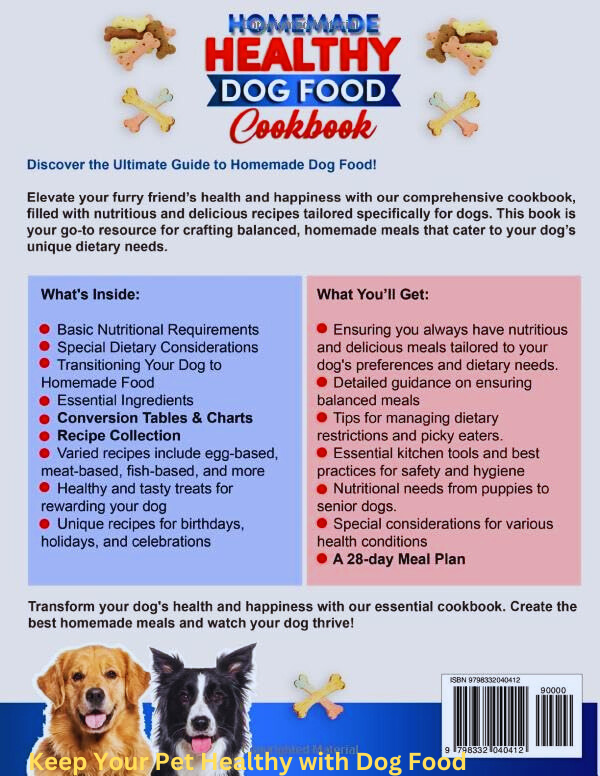
Credit: medium.com
Consulting With A Veterinarian
Consulting with a veterinarian is essential for meeting your dog’s nutritional needs. Vets have the knowledge to guide you on proper diet choices. They understand how age, breed, and health affect nutrition. Regular vet visits help spot any diet-related issues early. These professionals offer tailored advice to keep your dog healthy and strong.
Regular Nutritional Assessments
Vets perform regular nutritional assessments to check your dog’s health. They review weight, coat condition, and energy levels. Blood tests may be done to identify nutrient deficiencies. These checks help adjust diets to suit changing needs. Early detection of problems can prevent serious health issues. Nutritional assessments ensure your dog gets the right balance of nutrients.
Personalized Diet Plans
Each dog has unique dietary requirements. Vets create personalized diet plans based on health and lifestyle. They consider allergies, medical conditions, and activity levels. These plans include recommended food types and portion sizes. Personalized diets improve digestion and boost immunity. Following a vet’s plan supports your dog’s overall well-being.
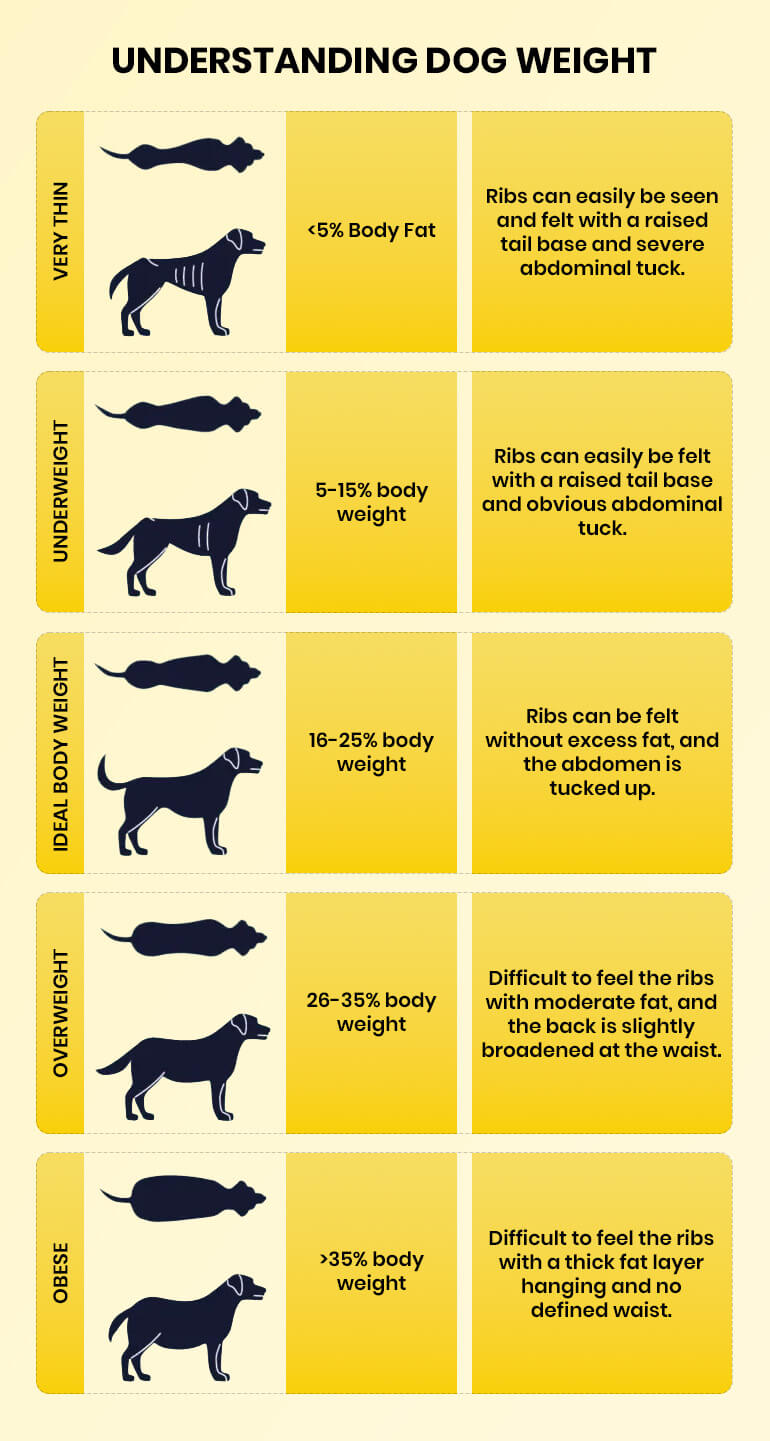
Credit: www.canadapetcare.com
Frequently Asked Questions
What Are The Essential Nutrients Dogs Need Daily?
Dogs need proteins, fats, carbohydrates, vitamins, and minerals daily. Proteins build muscles, fats provide energy, and vitamins support health. Balanced nutrition ensures growth, immunity, and overall well-being.
How Much Protein Should A Dog Consume?
Dogs require 18-25% protein in their diet, depending on age and activity. High-quality protein supports muscle maintenance, repair, and energy. Puppies and active dogs need more protein than older or sedentary ones.
Why Are Fats Important In A Dog’s Diet?
Fats provide energy, help absorb vitamins, and keep skin healthy. Essential fatty acids promote brain development and coat shine. A balanced amount of fat is vital for overall dog health.
Can Dogs Eat Carbohydrates Safely?
Yes, carbohydrates supply energy and fiber for digestion. Whole grains, vegetables, and fruits are good carbohydrate sources. Avoid excessive carbs to prevent obesity and digestive issues.
Conclusion
Dogs need balanced food to stay healthy and happy. Proteins, fats, vitamins, and minerals all play key roles. Each dog’s needs vary by age, size, and activity. Fresh water is also essential every day. Feeding the right food supports strong bones and shiny coats.
Pay attention to your dog’s preferences and health signs. Regular vet visits help adjust their diet as needed. Proper nutrition helps dogs live longer and feel better. Caring for their food needs shows love and responsibility. Simple steps ensure your dog thrives well every day.

